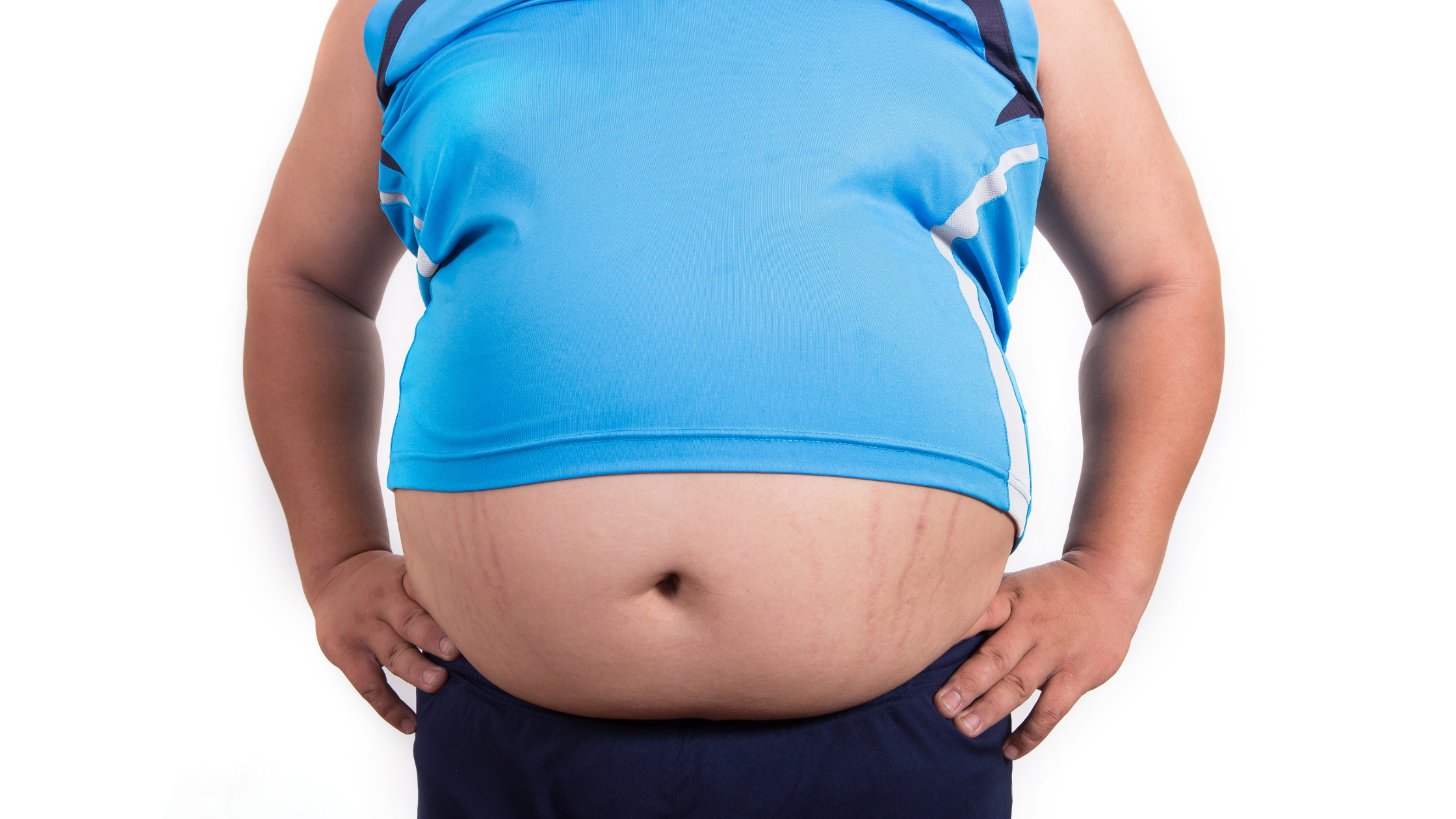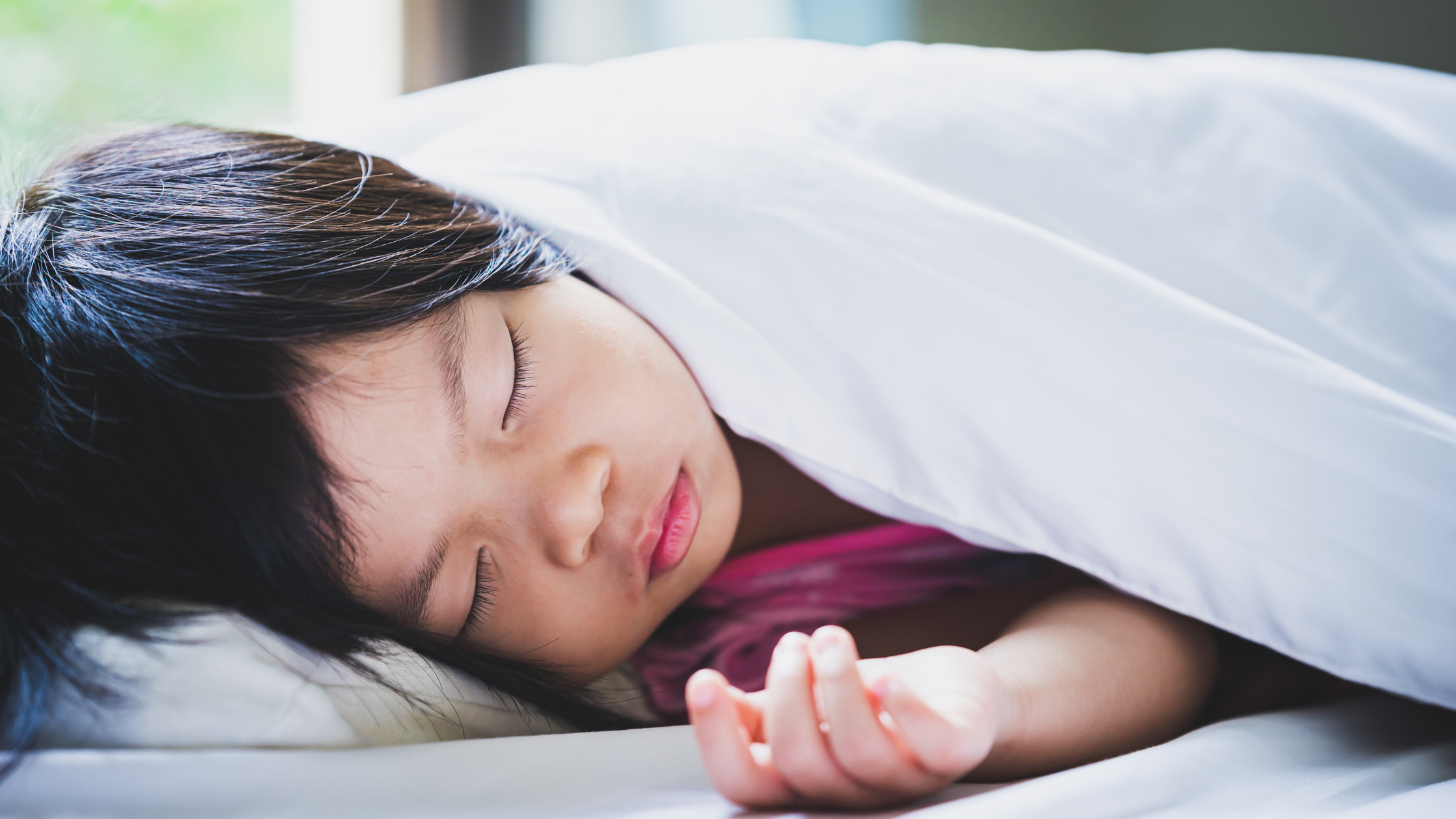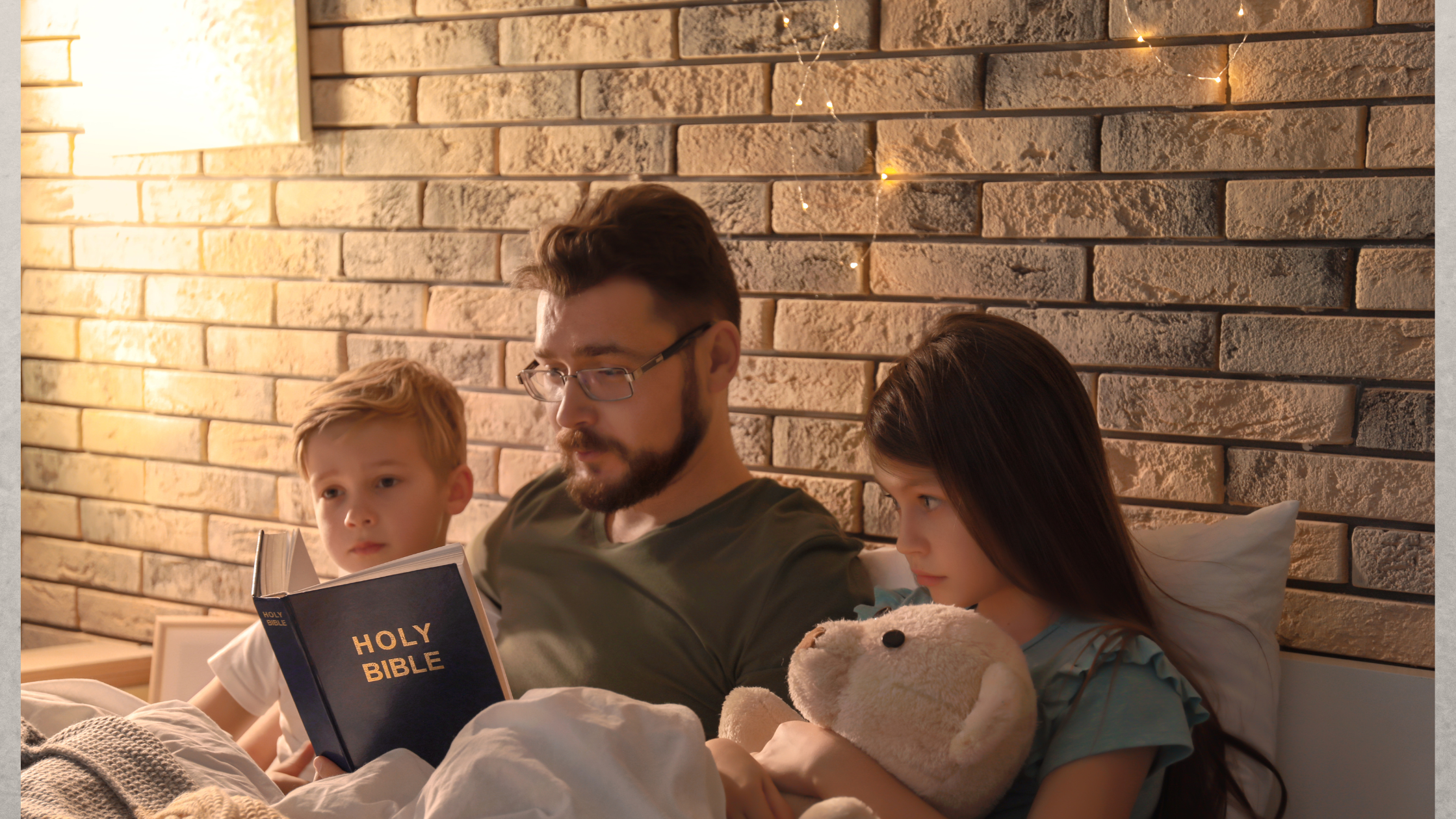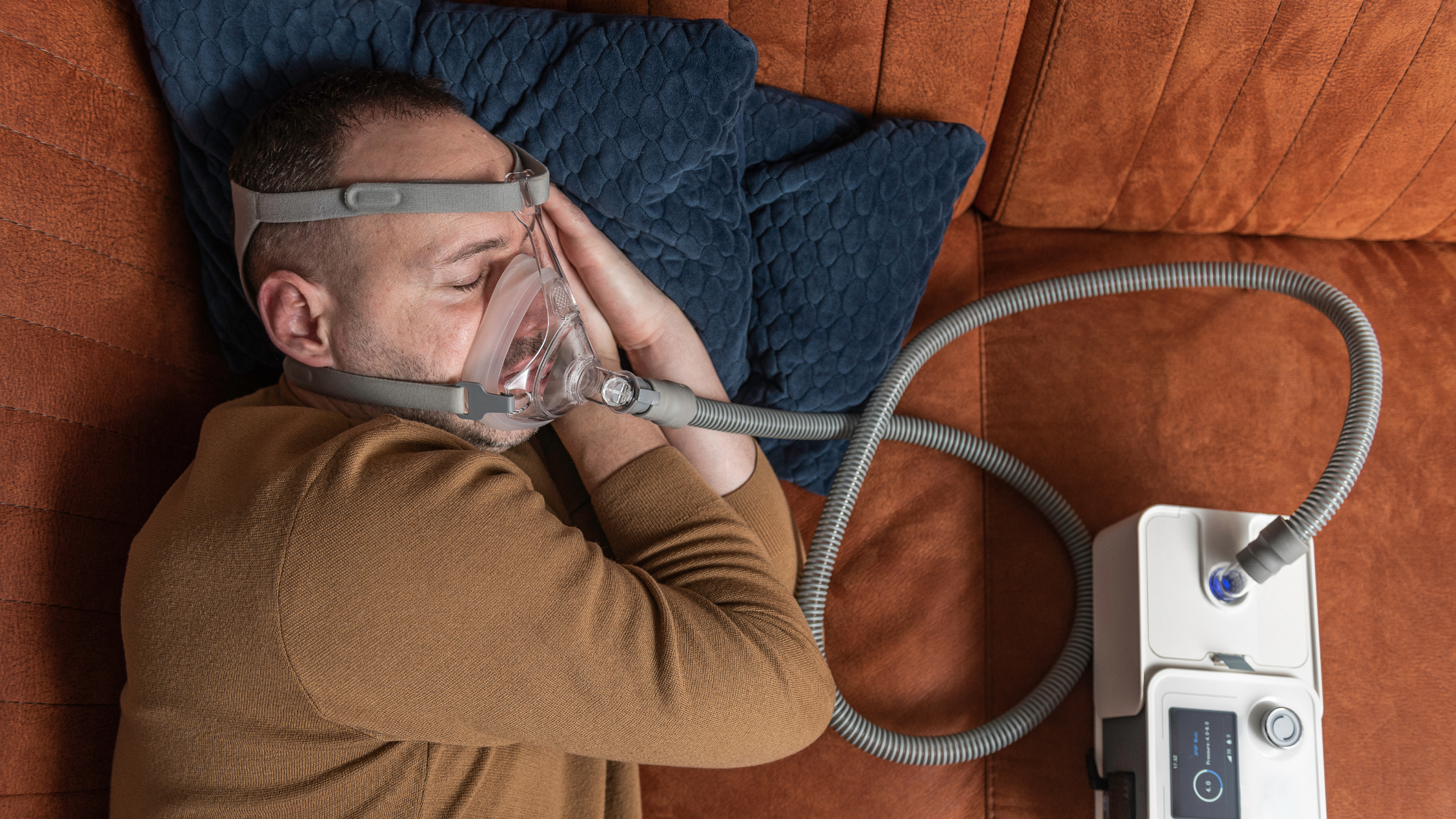In the dynamic and demanding world of the military, where dedication and resilience are paramount, quality sleep becomes a crucial component of overall health and performance. However, the unique challenges and operational requirements of military life can sometimes make achieving restful sleep a formidable task. In this blog post, we'll explore the intricacies of sleep in the military, shed light on the challenges faced by service members, and discuss strategies to promote better sleep hygiene in this high-stakes environment.
Darian Dozier
Recent Posts
Navigating the Challenges of Sleep in the Military
Waking up with a dry throat can be an unpleasant and common occurrence, leaving many of us wondering about the underlying causes and how to alleviate this discomfort. In this blog post, we'll delve into the various reasons behind a parched morning throat and explore effective strategies to prevent it, ensuring you start your day feeling refreshed and hydrated.
How a Plant-Based Diet Can Improve Your Sleep Quality
In recent years, the popularity of plant-based diets has surged as more people recognize the numerous health benefits associated with consuming more fruits, vegetables, grains, nuts, and seeds. While much of the focus has been on the positive impacts on heart health, weight management, and reduced risk of chronic diseases, a plant-based diet can also significantly enhance the quality of your sleep. In this blog post, we will explore how adopting a plant-based diet can improve your sleep and overall well-being.
Waking up early has long been associated with increased productivity, improved mental health, and a sense of accomplishment. However, for many of us, making the transition to an early riser can be a daunting task. Fear not, as this guide is here to help you embark on a journey of waking up with the sun. Let's explore practical tips and strategies to train yourself to wake up early and make the most of your mornings.
Exploring the Role of Continuous Glucose Monitors in Nighttime Health
Continuous glucose monitoring (CGM) devices have revolutionized the management of diabetes by providing real-time insights into blood sugar levels. While CGMs are commonly associated with daytime monitoring, their impact on nighttime health and sleep quality is gaining recognition. In this blog post, we'll delve into the fascinating intersection of continuous glucose monitors and sleep, exploring how these devices can offer valuable data and insights to optimize glucose control and enhance overall sleep quality.
Parenthood often feels like a constant juggling act, and establishing a solid sleep schedule for your toddler can be a game-changer. A well-structured sleep routine not only ensures your little one gets the rest they need but also provides you with some much-needed time for self-care and rejuvenation. In this guide, we'll explore the importance of a consistent sleep schedule and offer practical tips on how to set one up for your toddler.
How Sleep Deprivation Takes a Toll on Students' Grades
As students navigate the demanding landscape of academia, the importance of sleep often takes a back seat to study sessions, extracurricular activities, and the whirlwind of social obligations. However, the impact of sleep deprivation on academic performance is a silent culprit that can significantly affect students' grades. In this blog post, we'll uncover the intricate relationship between sleep and academic success, shedding light on the consequences of burning the midnight oil.
Parenthood is a remarkable journey filled with joy, challenges, and countless learning experiences. One aspect that often occupies the minds of parents is the ever-evolving sleep patterns of their little ones. From the early days of newborn sleep to the toddler years, the sleep journey is a dynamic process that requires patience, understanding, and adaptability.
The Benefits of Reading Before Bed: Better Your Sleep and Well-being
In a world dominated by screens and constant connectivity, finding a way to unwind at the end of the day can be challenging. One timeless and effective method to promote relaxation and better sleep is reading before bed. This simple habit offers a multitude of benefits for your mental, emotional, and physical health. In this blog post, we’ll explore the numerous advantages of reading before bed and how it can enhance your overall well-being.
Exploring Alternative Treatments for Obstructive Sleep Apnea
As parents embark on the rollercoaster journey of raising infants, few challenges are as universally experienced as sleep disturbance. From midnight cries to restless nights, understanding the factors contributing to infant sleep disturbance is key to helping both parents and their little ones find a restful night's sleep. In this blog post, we'll explore the intricacies of infant sleep, common causes of sleep disturbance, and practical tips for promoting a more peaceful slumber.









